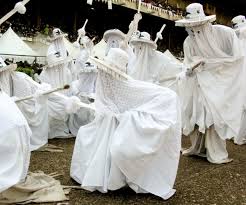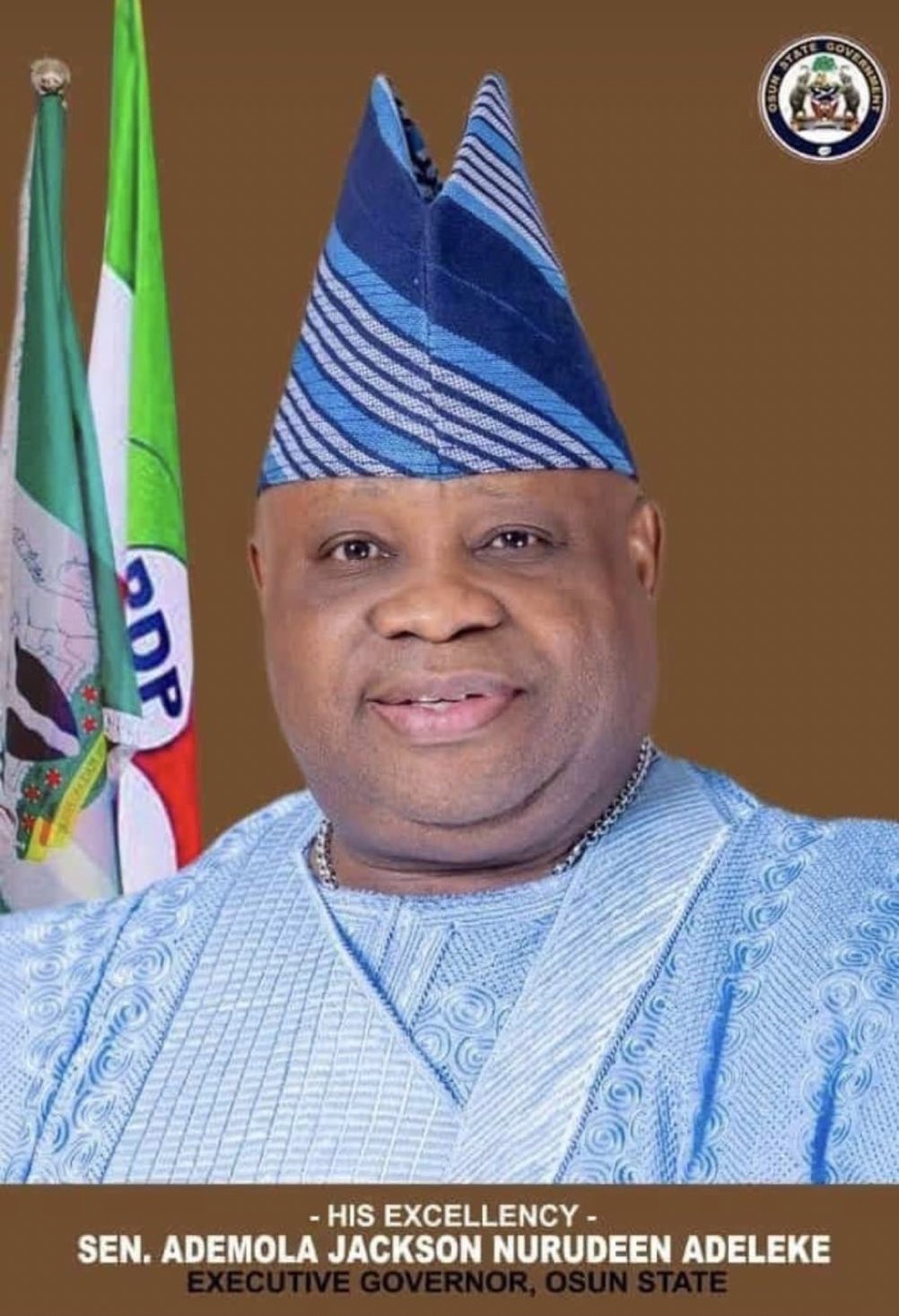Gangs of Lagos: Death to Nollywood, Nigeria-s biggest export

By Bukola Oyeniyi
Following my write-up on Anikulapo and a few other movies last year, I have refrained from injecting my opinions on movies, especially those coming out of Nigeria again. The decision was fueled, in part, from my realization that many, even in Nigeria’s movie world, have no clue whatsoever on the importance of movies and their potential. As many did with reckless abandon, insults, name-calling, etc. followed the enterprise. At the height of it, I got a few phone calls, including from print media, demanding exclusive writing. I rejected all of them as a matter of principle.
In a Zoom interview organized by Professor Falola, I had the opportunity to share my views with Kunle Afolayan, expressing why critical voices such as I expressed on his work become unavoidable.
In the Zoom interview, I asked Mr. Afolayan if he knew why no one was bearing the name, Efunsetan, in Yorubaland again. He was not bothered about the question, may be because he did not understand my point. Efunsetan, as a name, was damaged by a Nigerian movie producer whose lack of historical knowledge or the need for the exotic made him ruin the name forever.
The same is about to happen with the Gangs of Lagos (GOL, henceforth). Eyo, an institution set up as a critical part of rites of passage for dead king of Lagos, was presented as a band of gun-wielding gangs, notorious for street fighting, drug-use, drug-peddling, stealing, disruptions, murder, violence, etc. One cannot but wonder if the makers of the movie realized the kind of damage they have done to the institution.
What about Isale-Oko? The gory images were even worse than what we saw in a war-torn Rwanda of 1994.
As I have noted before, arts enjoy licenses that history does not enjoy. Artists can play hard and fast with the truth of or in a story. To use William Shakespeare as an example, the British writer compressed the life and times of Julius Caesar with no regard for the date, time of events, and places to produce the masterpiece called Julius Caesar. The owner of the history cannot any longer correct the errors in Williams work, as the movie has given the story wings.
In GOL, as was the case with Anikulapo and many others, regards for the truth gave way to utility.
Going forward, generations will know nothing about Eyo, but what the movie-makers told them it is, i.e., a band of vagabonds, crooks, armed robbers, tugs, mentally-impared kids that grew into a world of brazen criminality, drug peddling, and murderous activities, etc. In turn, Isale Eko was presented as a killing field where no order, no laws, and no control of any kind existed.
In the GOL, money and fame triumphed over the truth, objective presentation of facts, etc.
It breaks my heart to realize what the entire world was told by a set of Nigerians about Eyo.
One thing is clear, I don’t see how any academics with an iota of knowledge of history would use GOL in any institution. Sadly, movie watchers are not that wise.
Nigeria’s biggest export, NOLLYWOOD, is gradually going to the dogs.





